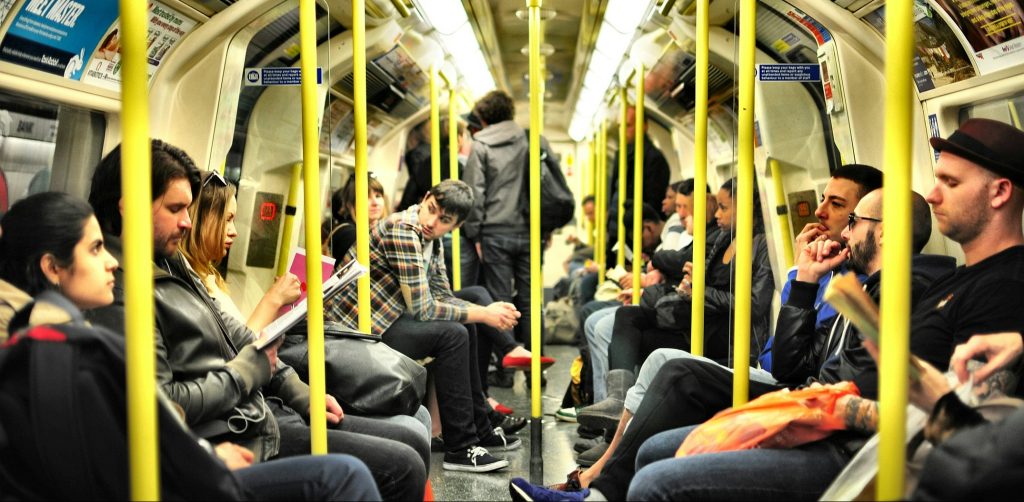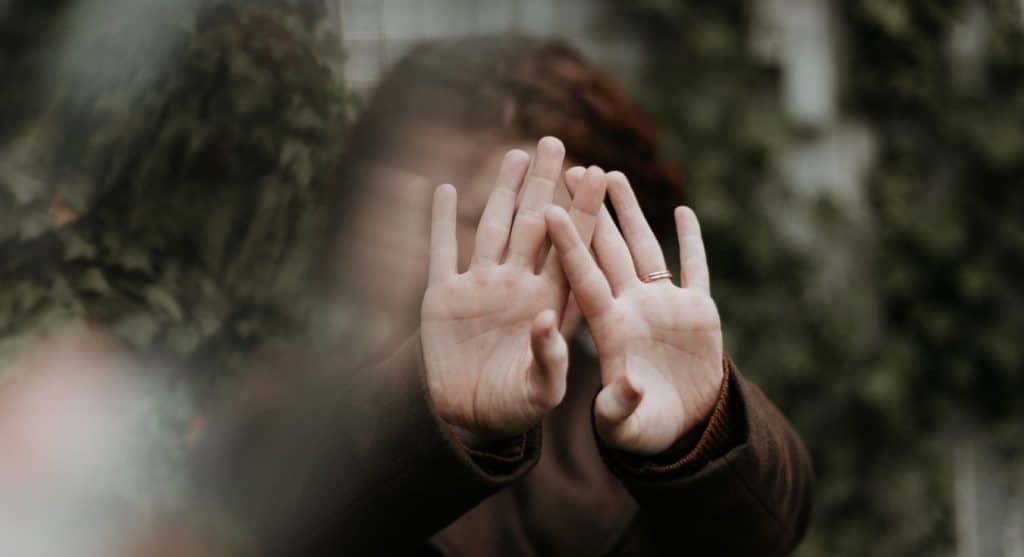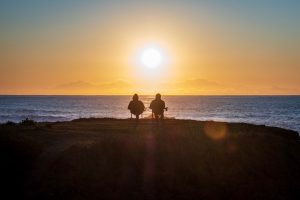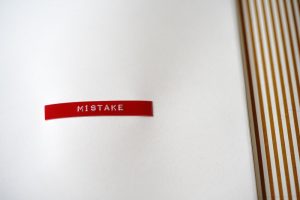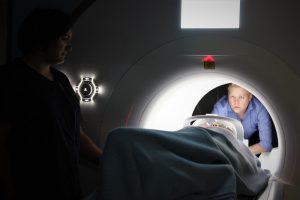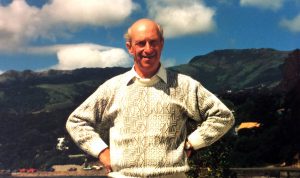To be fit for work, a person must be capable of more than simply carrying out in isolation the tasks required by their role: they must be able to do so repeatedly, to a consistent standard, and in a way that represents
We are embodied social beings. We thrive on nurturing relationships. Touch forms a key part of those relationships in everyday life but is also a powerful form of communication for clinicians, allowing for wordless dialogue, presence and embodied empathy. Paquita de Zulueta
Claire Stillman is a recently retired GP who spent 30 years in Scottish general practice, the last 20 of which were in Glasgow. bout eight months ago I wrote an emotional, angry rant about why I was leaving general practice. It was
Peter Aird is a GP in Bridgwater, Somerset. This week I recalled a study day that I went to some years ago. Suitably interactive, involving a variety of teaching styles and fully addressing a personally relevant learning need, it was the best
David Zigmond was a small practice GP in south London 1977-2016. Read Obituary for St James Church Surgery: the death of a practice. Can we have value for money and not lose our humanity? Our lives lengthen, our population increases, our expectations
Julian Marsden has been a GP in Luton for 33 years. He is FRCGP, Provost of the Beds & Herts Faculty, and is a retired Training Programme Director for the Luton GPSTP I’ve been a GP for over 30 years, but I
Recent advances in genetic mapping herald some dramatically positive developments in hi tech healthcare. Yet this is paralleled by unprecedented ailing demoralisation and alienation within the service that will deliver these. How do we explain this discrepancy? What can we expect?
Dr Stanley Jeffs is a retired GP who has made regular contributions to the College Journal. He is now 90 years old. His first article, An Epidemic of Lumbago, was published in 1961. You can download and read it from our archives here.
Professor John Frey III is now retired from the University of Wisconsin Department of Family Medicine and Community Health but is still an active teacher, research collaborator, journal editor and ‘faculty whisperer’ about career transitions at all stages of professional life (a

